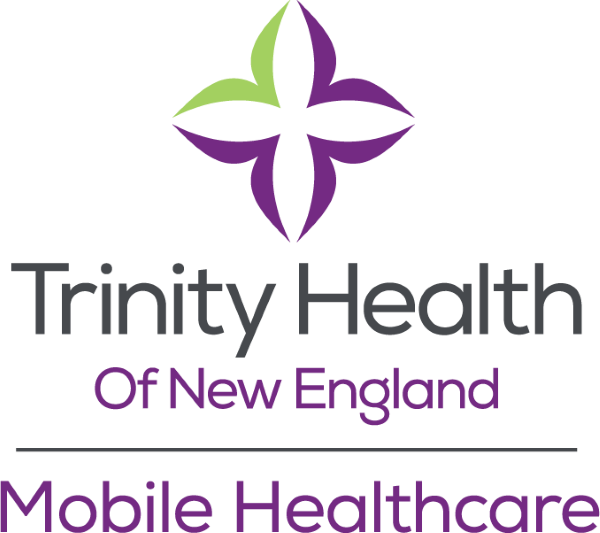Trinity Health Of New England Mobile Health Care Nationally Recognized for its Commitment to Quality Care for Heart Attacks and Strokes
June 12, 2025HARTFORD, Conn. – Trinity Health Of New England Mobile Health Care has received the American Heart Association’s Mission: Lifeline EMS Silver achievement award for its commitment to offering rapid and research-based care to people experiencing the most severe form of heart attacks and strokes, ultimately saving lives.

“Trinity Health Of New England Mobile Health Care is honored to be recognized by the American Heart Association for our dedication to providing optimal care for heart attack patients,” said David Koscuk, President, Trinity Health Of New England Emergency Medical Services. “The Mission: Lifeline program puts proven knowledge and guidelines to work in the field every day, so patients have the best chance of survival.”
Emergency medical services (EMS) personnel can begin treatment when they arrive – up to an hour sooner than if someone goes to the hospital by car. EMS colleagues are also trained to provide resuscitation efforts to someone whose heart has stopped.
Mission: Lifeline EMS® is the American Heart Association’s national initiative to advance the system of care for patients with high-risk, time-sensitive disease states, such as severe heart attacks and strokes. The program helps reduce barriers to prompt treatment – starting from when 911 is called, to EMS transport and continuing through hospital treatment and discharge. Optimal care for heart attack and stroke patients takes coordination between the individual prehospital providers and health care systems.
“Arguably the most important link in the chains of survival for acute stroke and cardiovascular emergencies is emergency medical services and prehospital professionals,” said Kacey Kronenfeld, M.D., FAEMS, chair of the American Heart Association’s Mission: Lifeline EMS Taskforce. “Early condition identification, stabilization and prehospital interventions, and initiation of actions within the regional systems of care provide patients with the best chance for receiving expedient definitive therapies leading to optimal outcomes and maximized quality of life.”
